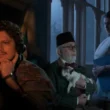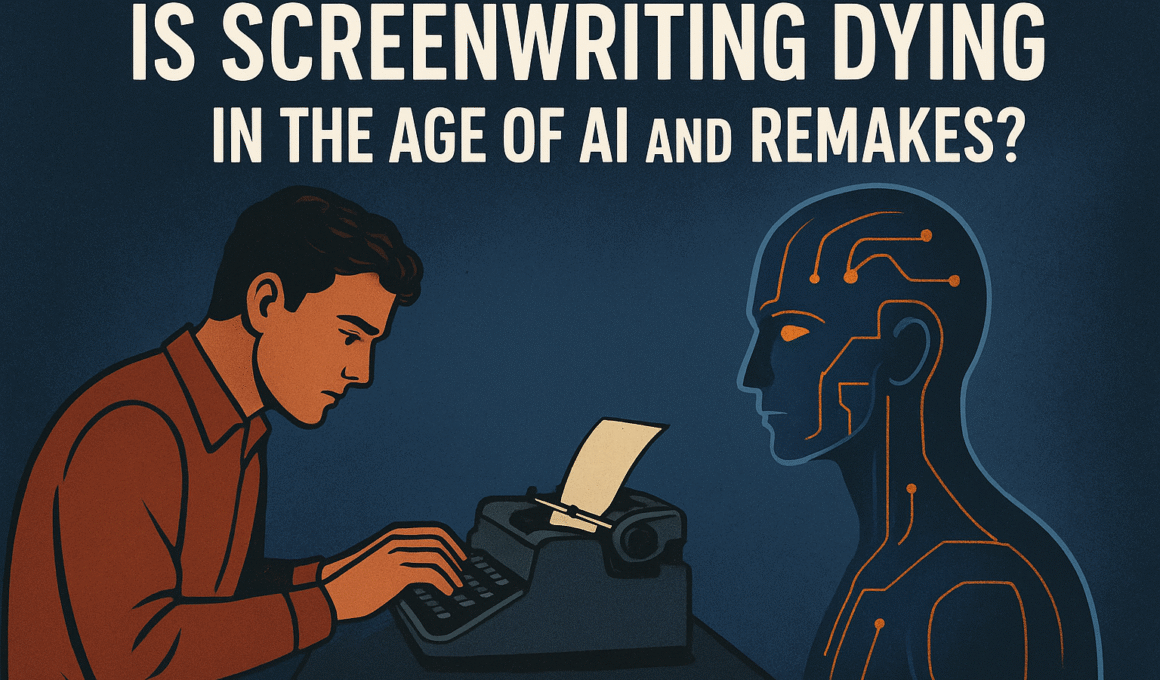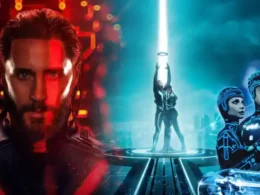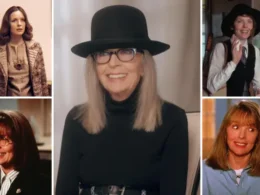Ever wondered how movie streaming and AI are reshaping the art of storytelling? And what does it mean for writers? Well, once upon a time, every great movie started with a writer hunched over a typewriter, bleeding life into pages that would eventually flicker across the big screen. Dialogue mattered. Structure mattered. Characters mattered. Originality was currency. Fast forward to 2025: Hollywood churns out sequels faster than new ideas can germinate. Streaming platforms prioritize algorithms over artistry. And now, AI can draft a script in minutes. The question looms: Is screenwriting dying — or has it already been replaced?
Also read The Unseen Art of Filmmaking: What is Mise-en-Scène in film?
The Age of the Remake and the Sequel
Walk into any multiplex today, and you’ll notice a pattern:
- Franchise films dominate the box office.
- Superhero universes expand like digital hydras.
- Original, small-screen narratives struggle to find attention.
The classic screenwriter’s dream — a fully original, studio-backed script — is a rare commodity. Instead, studios prefer intellectual properties (IPs) with a built-in fanbase. Remakes, reboots, and sequels guarantee a safer return on investment.
Take 2024 alone: Spider-Man: Across the Multiverse, Barbie 2, and Haunted Mansion were all either sequels or adaptations. Original screenplays that year? Almost like hunting unicorns.
AI: The New “Co-Writer”
Enter AI. Programs today can:
- Generate character arcs
- Suggest dialogue
- Outline full-length scripts
Producers are curious — why pay a team of writers when AI can produce 80% of the work in minutes?
The downside? Subtlety, nuance, and human insight are difficult to code. AI can mimic tropes and clichés but struggles to inject the soul that makes a story resonate. As screenwriter Aaron Sorkin once joked: “AI can write words, but it can’t capture the heartbeat of humanity.”
Original Voices Fighting to Survive
Despite this bleak outlook, some original writers are still breaking through. Indie films, limited streaming releases, and international cinema often showcase raw, innovative storytelling.
Films like Everything Everywhere All At Once (2022) and Past Lives (2023) remind us that originality hasn’t vanished — it’s just harder to fund, market, and find a platform in a world dominated by brands and data-driven decisions.
Screenwriters today must also be savvy marketers, understanding algorithms, social media trends, and even meme culture to ensure their stories get seen. Writing in isolation is no longer enough.
Is This Really the End, or Just a Shift?
“Screenwriting is dying” makes for a sensational headline, but perhaps it’s more accurate to say it’s evolving under pressure. The craft is adapting to:
- Corporate priorities and audience metrics
- Streaming platform demands for bingeable content
- AI tools that assist but don’t replace human imagination
Writers who survive this era are those who can balance art and commerce, originality and marketability, and perhaps even collaborate with AI without losing their voice.
A Call to Writers and Cinephiles
For aspiring writers: don’t panic. The pen is far from dead. But be aware — your skills must evolve. Learn about visual storytelling, pacing for streaming audiences, and creating characters that linger in an age of algorithmic content.
For cinephiles: cherish originality. Support indie films, celebrate fresh voices, and don’t let nostalgia blind you to the value of new perspectives. Your streaming choices help keep real screenwriting alive.
After all, no AI can replace a writer’s soul, and no formula can replicate the spark of human creativity. Screenwriting isn’t dying — it’s being challenged, and only the boldest storytellers will thrive.
Conclusion
We live in an era of sequels, algorithms, and AI-generated drafts. But storytelling, at its core, remains human. The question isn’t whether screenwriting is dying — it’s whether writers are ready to fight, adapt, and assert their irreplaceable role in shaping cinema’s future.
Because while machines can spit out words, only a human can make audiences feel them.
FAQs
A: Not yet. AI can draft dialogue and story outlines, but it struggles with nuance, human emotion, and original creativity — the heart of storytelling.
A: Studios prefer safer investments with built-in fanbases. Original screenplays are riskier and harder to market.
A: Writers must balance creativity with market trends, understand audience metrics, and leverage AI as a tool rather than a replacement.
A: Yes. Films like Everything Everywhere All At Once (2022) and Past Lives (2023) showcase innovative storytelling that defies mainstream trends.








